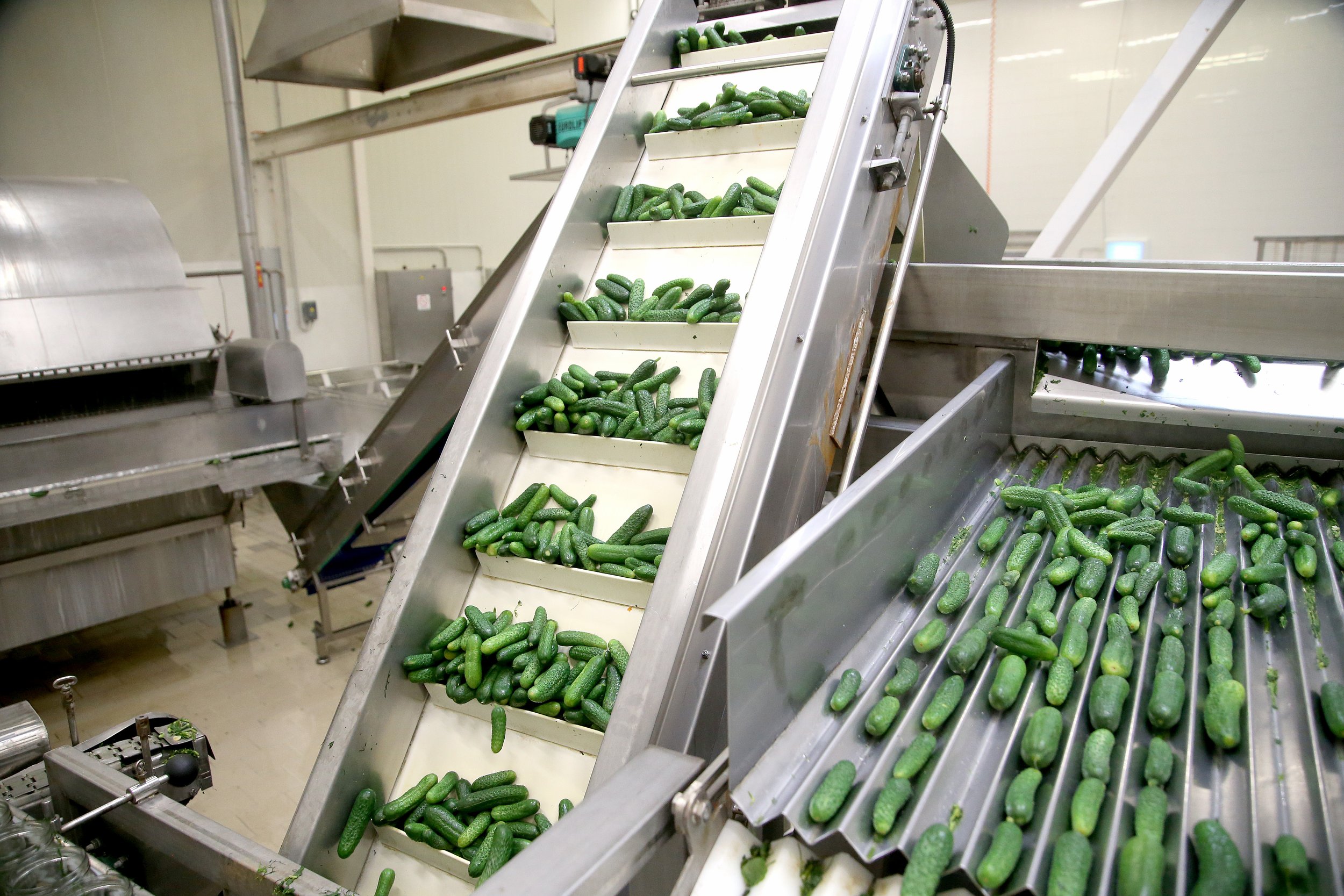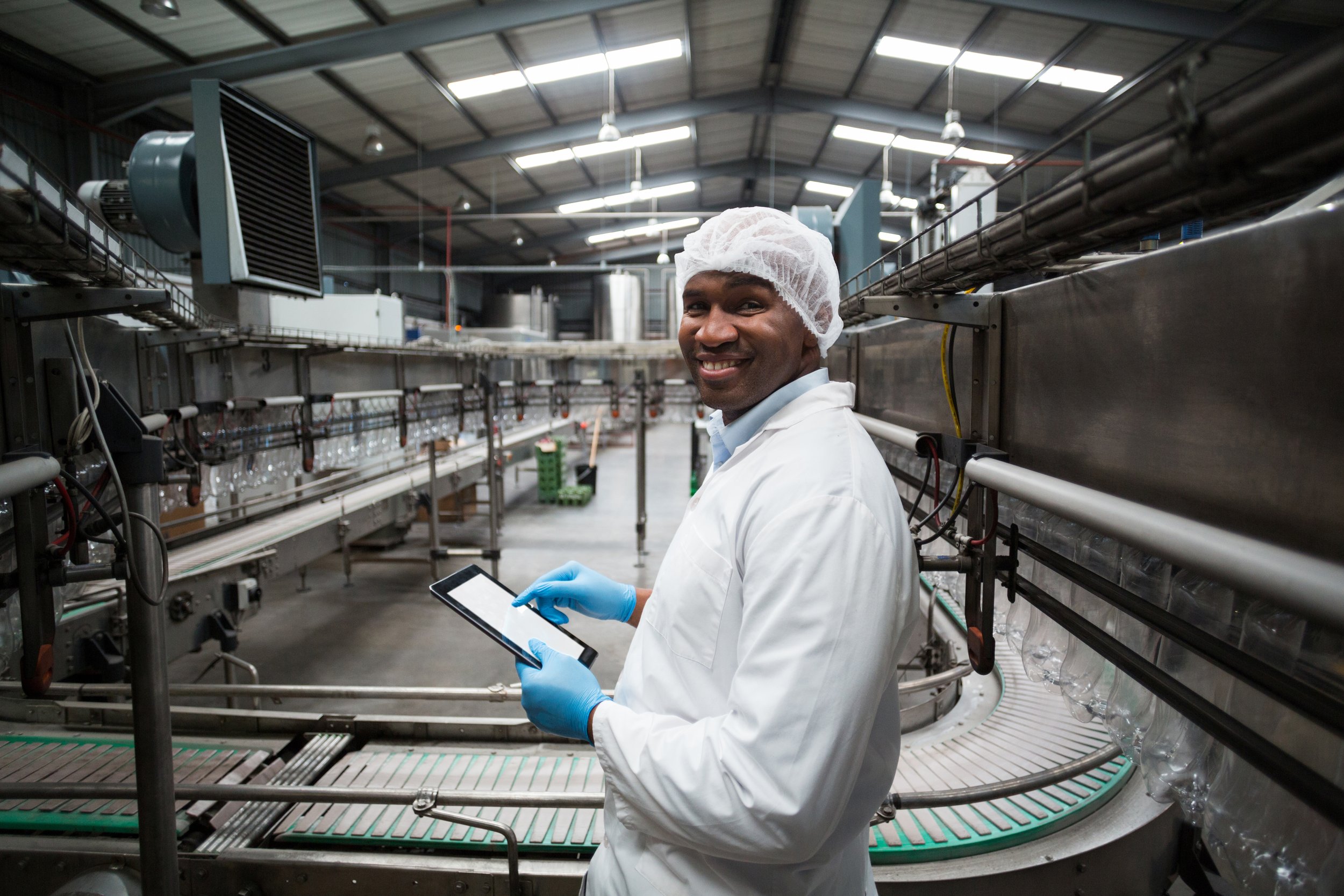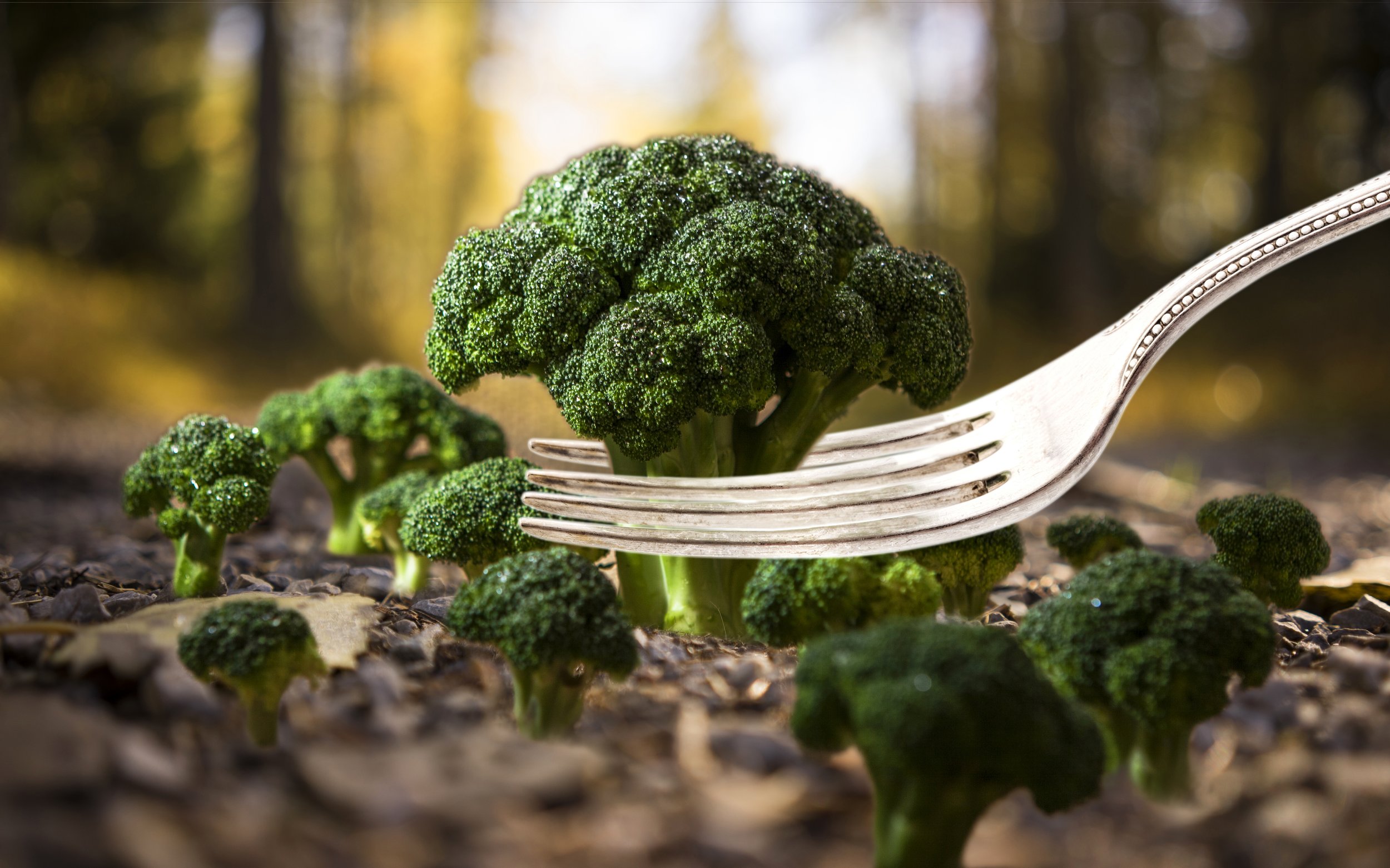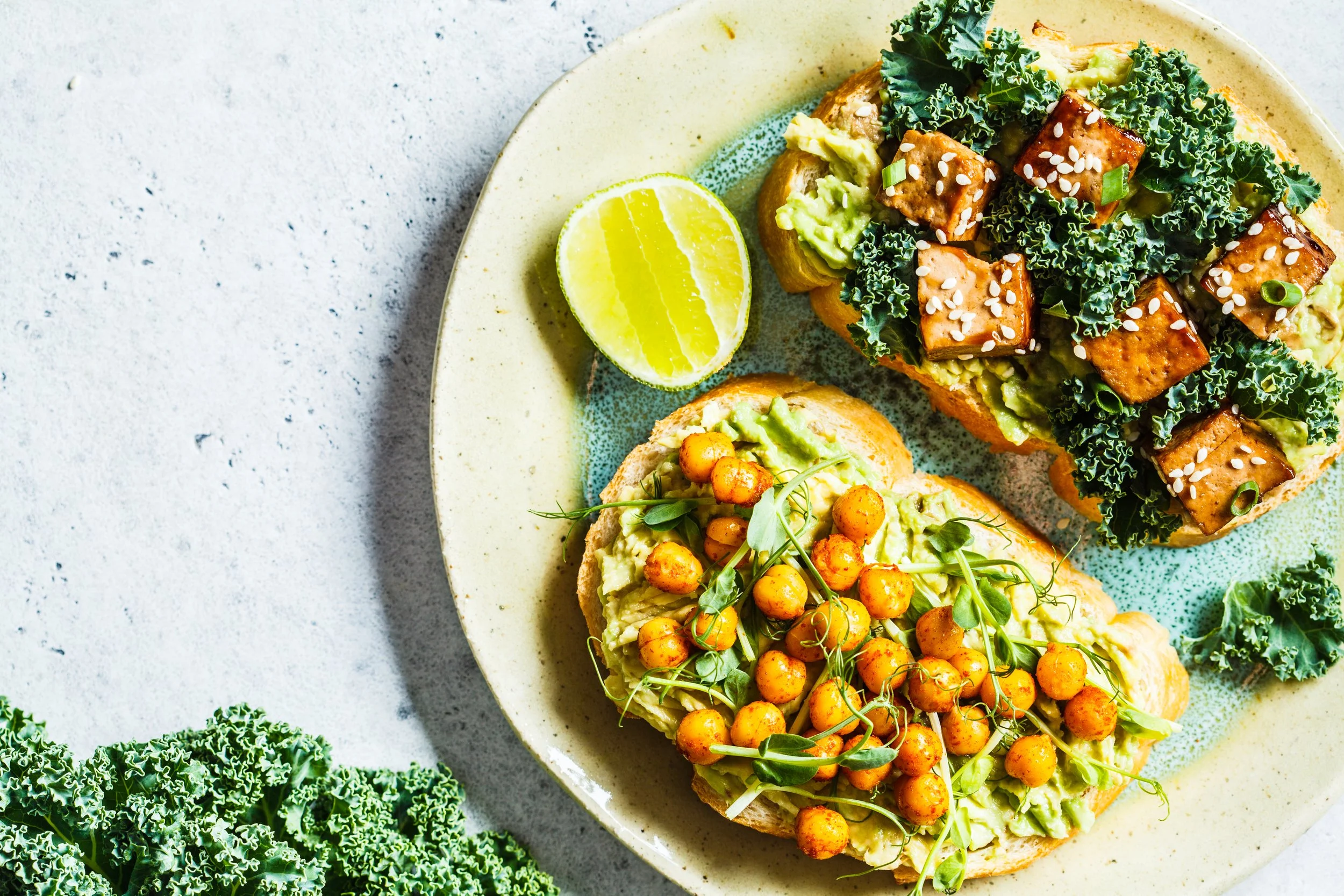How to Transition Into Molecular Farming: A Guide for Scientists and Engineers
Molecular farming is fast becoming one of the most exciting frontiers in alternative protein and ingredient production.
For scientists and engineers with a background in biotech, agtech, synthetic biology, or even pharma, this fast-growing field offers an opportunity to help reshape how the world produces protein.
How to Strengthen Your Employer Brand and Attract the Right Talent
A job description and salary are no longer enough to attract top-tier talent. The best candidates are looking for purpose, alignment, culture, and growth. In this article, we break down the foundational elements of employer branding and offer practical, evidence-based strategies for getting it right.
What Are the Key Opportunities in Sustainability Marketing Jobs?
Did you know that over 73% of global consumers are willing to change their consumption habits to reduce environmental impact? At the heart of this transformation lies sustainability marketing.
What Are the Opportunities in Research and Development Food Industry Jobs?
Behind every successful snack, plant-based burger, or sustainable packaging solution is an army of food innovators. Research and development food industry jobs are where science meets creativity to shape the future of what we eat.
Top F&B Sales Jobs in the Food Industry (2025 Guide)
Have you ever wondered what it takes to succeed as a sales representative in the food industry? This dynamic and competitive field offers a variety of opportunities for ambitious professionals looking to build a rewarding career in sales.
What Are the Key Food and Beverage Sales Jobs?
Have you ever wondered what it takes to sell the food and drinks we consume daily? Let’s explore the key roles in food and beverage sales and what makes this industry unique.
Launching the Second Cohort of the Tälist Alt. Protein Careers Course
The Tälist Alt. Protein Careers Course is back and better than ever! On December 2, 2024, we kicked off the second cohort of our 6-week program designed to help professionals, students, and changemakers shape impactful careers in the Alt. Protein industry.
Data-Driven Insights: Tälist's Alt. Protein Careers & Hiring Report
Leveraging exclusive data from the AltProtein.Jobs platform, Tälist has just released the Alt. Protein Career & Hiring Report – a comprehensive, data-driven analysis of hiring trends, skill demands, geographic hotspots, and candidate preferences within the industry.
What Are the Best Marketing Jobs in the Food Industry?
Marketing careers in the Alternative Protein industry are becoming increasingly valuable. In this article, we will explore the highest-paying jobs in marketing, the best fields to enter, and the dynamic opportunities available in the food marketing landscape.
What Are the Highest Paid Mechanical Engineer Roles?
In this blog post, we will explore the highest-paying roles in mechanical engineering, the sectors that offer the best salaries, and emerging opportunities in innovative fields such as Alternative Proteins.
Best Entry-Level Mechanical Engineer Careers
Are you considering a career in mechanical engineering? Let’s explore some of the best entry-level roles in this exciting field.
Changing the World Through Alternative Proteins: An Effective Altruism Approach
How can your career contribute to solving the world’s most pressing problems? For those committed to effective altruism, choosing a career in the alternative protein sector offers an opportunity to address global challenges.
Life on Land: The Role of Alternative Proteins in Reducing Land Use
Did you know that shifting to Alternative Proteins could free up over 47 million acres of U.S. cropland? This transformation would allow for large-scale ecosystem restoration, helping reach climate and biodiversity goals.
Navigating the Complexity: A Career in Regulatory Affairs within Alternative Proteins
Navigating the legal frameworks is crucial for the safe introduction of Alternative Proteins, a process that involves ensuring product safety, environmental sustainability, and consumer trust. In this blog post, we explore the career opportunities, the regulatory landscape, and the critical role of regulatory affairs professionals in the Alternative Protein industry.
Life Below Water: Sustainable Alternatives to Fish Products
Did you know that over 34% of the world’s fish stocks are now overfished, and many marine species are pushed to the brink of extinction? With our oceans facing unprecedented challenges, it's more critical than ever to explore sustainable seafood alternatives.
Mastering Scale: Strategies for Upscaling Alternative Protein Production
As our planet struggles with the environmental and health impacts of traditional meat production, Alternative Proteins offer a promising solution, albeit with scientific and regulatory challenges. Explore effective strategies for upscaling production in Alt. Proteins: bioreactor design, fermentation optimization, and the integration of advanced technologies.
Flavor Innovation in Plant-Based Proteins: The Science of Tastier Alternatives
How do scientists make plant-based proteins taste as good as, if not better than, meat? The answer involves a complex blend of chemistry, technology, and creativity.
Zero Hunger: How Alternative Proteins Are Making Food More Accessible
Imagine a world where hunger is a distant memory. Can Alternative Proteins be the key to making this vision a reality? As we strive to achieve the UN Zero Hunger goal, Alternative Proteins are gaining traction for their potential to revolutionize food accessibility and sustainability.
Entering Climate Careers Through the Alternative Protein Sector
A recent KPMG study found that nearly half of UK office workers consider ESG (Environmental, Social, and Governance) factors when choosing jobs, especially younger employees. They often reject job offers based on poor ESG records.
Sustainability Careers in the Alternative Protein Sector: What You Need to Know
The Alternative Protein sector is emerging as the keystone on the path for sustainable food solutions, offering diverse career opportunities across various roles, from scientific research to business development.




















